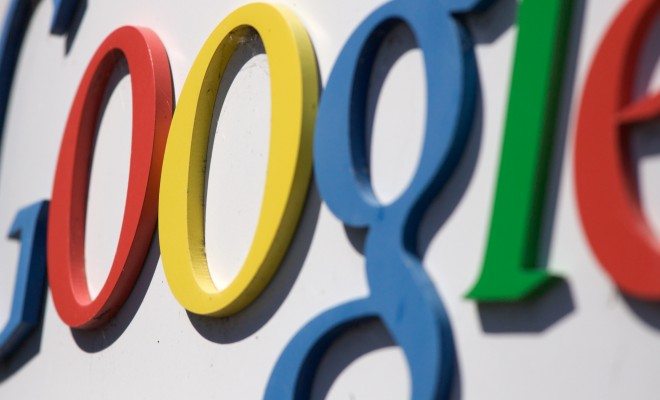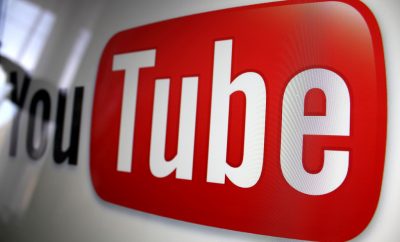 Image courtesy of [Marcin Wichary via Flickr]
Image courtesy of [Marcin Wichary via Flickr]
IP & Copyright
Second Circuit Hears Oral Arguments in Google Books Case
The United States Court of Appeals for the Second Circuit recently heard oral arguments about the long-fought Google Books case between Google and the Authors Guild.
This case has been trudging through the courts for nearly a decade. In 2005, the Authors Guild and the Association of American Publishers (AAP) separately sued Google on claims that it violated their respective copyrights on the Google Books database. Google claimed, however, that its database was a fair use.
The lawsuits were then consolidated, but AAP eventually settled out of court with Google. The Authors Guild continued its lawsuit against Google but later agreed to settle for $125 million. The Authors Guild and Google tried to amend their settlement, but the settlement was rejected.
Around this time, the Authors Guild filed a similar lawsuit against HathiTrust but lost on summary judgment.
Nevertheless, the Authors Guild/Google lawsuit carried on into federal court, but the Authors Guild met a similar fate as it did against HathiTrust and lost to Google via summary judgment last year.
According to Publishers Weekly, Google won its summary judgment motion partly because of its fair use argument. The court favored Google in three out of the four fair use factors. The four fair use factors are 1) the purpose and character of the use; 2) the nature of the copyrighted work; 3) the amount and substantiality of the portion taken; and 4) the effect of the use on the potential market. Google won on the first, second, and fourth factors because its scanning was a transformative use, 93 percent of the scanned works were nonfiction, and Google didn’t sell the books it scanned although it benefited financially from the web traffic caused by Google Books.
The Authors Guild then appealed to the Second Circuit.
Oral Argument
Andrew Albanese writes that the Authors Guild tried to differentiate the Google Books lawsuit from the HathiTrust lawsuit by arguing that Google Books was a commercial use, but the Second Circuit shot that argument down. Judge Pierre Leval said that transformative use was what mattered the most–the first factor. The Authors Guild also argued that Google should not be allowed to profit from its database of unlicensed works, and that Google Books differed from HathiTrust because Google Books offered snippets of the works, whereas HathiTrust did not display the works made available via searching.
Google argued for fair use and asserted that Google Books progressed the arts and sciences. Moreover, Google argued that Google Books created no market harm. Although users flock to Google because of Google Books, Google Books serves an educational purpose.
The Second Circuit did not mention when it would render a decision.
Analysis
Considering the court dismissed the Authors’ Guild argument that Google and HathiTrust could be distinguished via the first fair use factor, the Authors Guild has a tough challenge in attempting to reverse the district court’s decision in favor of Google. I have not listened to the oral argument, but by reading Albanese’s aforementioned article, it does not look good for the Authors Guild.








Comments